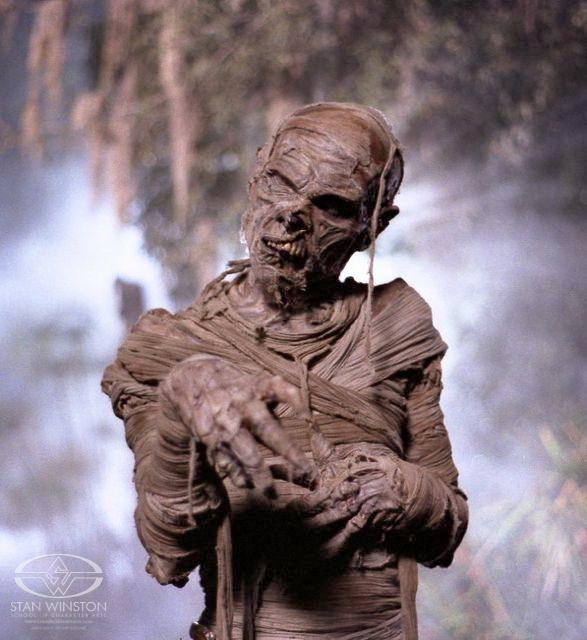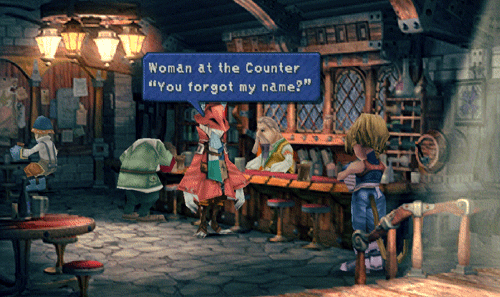I would just like to say that you can't discount the fact that mummies are real. The existence of the historical Egyptian mummy connects heavily with the way mummies are portrayed in fiction as well, and this will most likely shape many of our opinions on the topic. I think what is seen as the traditional mummy in fiction nowadays is something akin to what Shorty said. They are often tied into Egyptian mythology (however loosely or incorrectly) as well, hence how the historical mummy has importance in defining the fictional mummy. They seem to have a will and aren't spreading this mummification to those around them.
What is seen as the traditional zombie nowadays is something that seems to move around more on instinct and hunger as it doesn't have much of a will of its own. Zombification seems to be a viral thing, and this illness spreads to others in the world.
It's possible that the origins of these two horror creatures have very similar roots to one another, but they've developed into different things over the years. Heck, if I remember right, witches and werewolves have a common origin, but those are both defined very differently now as well. There can also be variations depending on how authors want to define them in their own stories. As an author, I could say that mummies, zombies, vampires, and any other kind of undead creature are the same. That would be okay if I can make it make sense in the world I've created. This definition would be an outlier compared to the more common definitions of mummies and zombies though. If we include all of the outliers though, then the conversation becomes mostly meaningless since the word "mummy" and "zombie" could mean literally anything undead at that point.
Long answer short: Based on the current common definitions of the two, no they are not the same. If you go by different definitions, then they can be the same I guess.





 Reply With Quote
Reply With Quote








